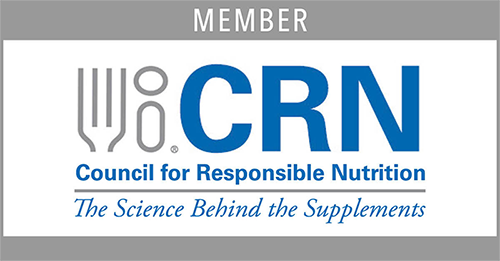Inositol
What is It?*
Source Type: Sugar
Source(s):
- Naturally found in animal foods (meat, organ meats, eggs, milk, cheese)
- Naturally found in many plant foods (whole grains, nuts, seeds, legumes, green leafy vegetables, citrus fruits)
- Synthesized naturally within the body
- Chemically synthesized in labs
Inositol is often referred to as vitamin B8, although it’s not officially recognized as a vitamin. Inositol is actually a naturally occurring sugar alcohol found in various foods and produced by the human body. It is responsible for the development of cell membranes and may also have an effect on insulin and chemical messengers in the brain. Inositol exists in several different forms, with myo-inositol being the most common and biologically active form found in the human body.
Benefits*
Benefits of inositol include reducing the risk of metabolic syndrome, gestational diabetes, and preterm birth. Other benefits may include managing certain conditions, such as polycystic ovary syndrome (PCOS), depression, panic disorder, and bipolar disorder.
Effectiveness*
Numerous studies have found that by taking an inositol supplement, you may be able to better manage the risk factors associated with metabolic syndrome. Some research suggests that people who supplemented with inositol saw improvements in blood pressure, triglycerides, cholesterol, and blood sugar levels.
Studies show that taking an inositol supplement with folic acid during pregnancy may prevent gestational diabetes and lower the risk of preterm birth.
A 2020 review highlighted the results of multiple studies that show evidence that inositol can play a major role in treating those with PCOS, as it was able to improve ovarian function and fertility, while also decreasing male sex hormone levels. A further study in 2022 shows the benefits of inositol in managing PCOS as well as the regulation of blood sugar within the body.
Some studies have found that inositol may help manage mood disorders such as depression, anxiety, and panic disorder. This is likely due to its influence on neurotransmitter signaling. This research is still considered controversial and has not been recommended as a treatment option yet. More studies are needed.
Risks*
Inositol is generally considered safe at recommended doses for adults, pregnant women, and lactating women. Not enough research has evaluated safe levels for children. Inositol does not generally cause side effects, though higher doses can cause gastrointestinal symptoms such as nausea, diarrhea, and gas.



